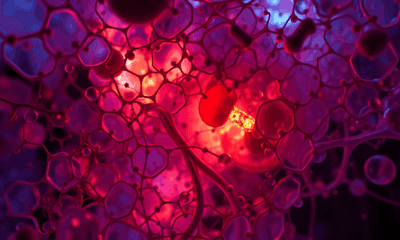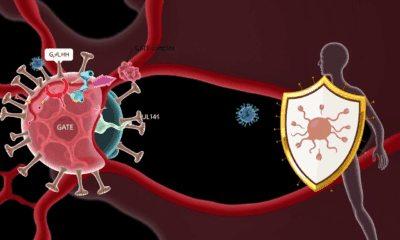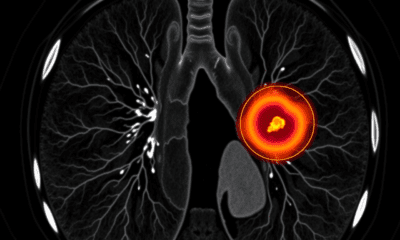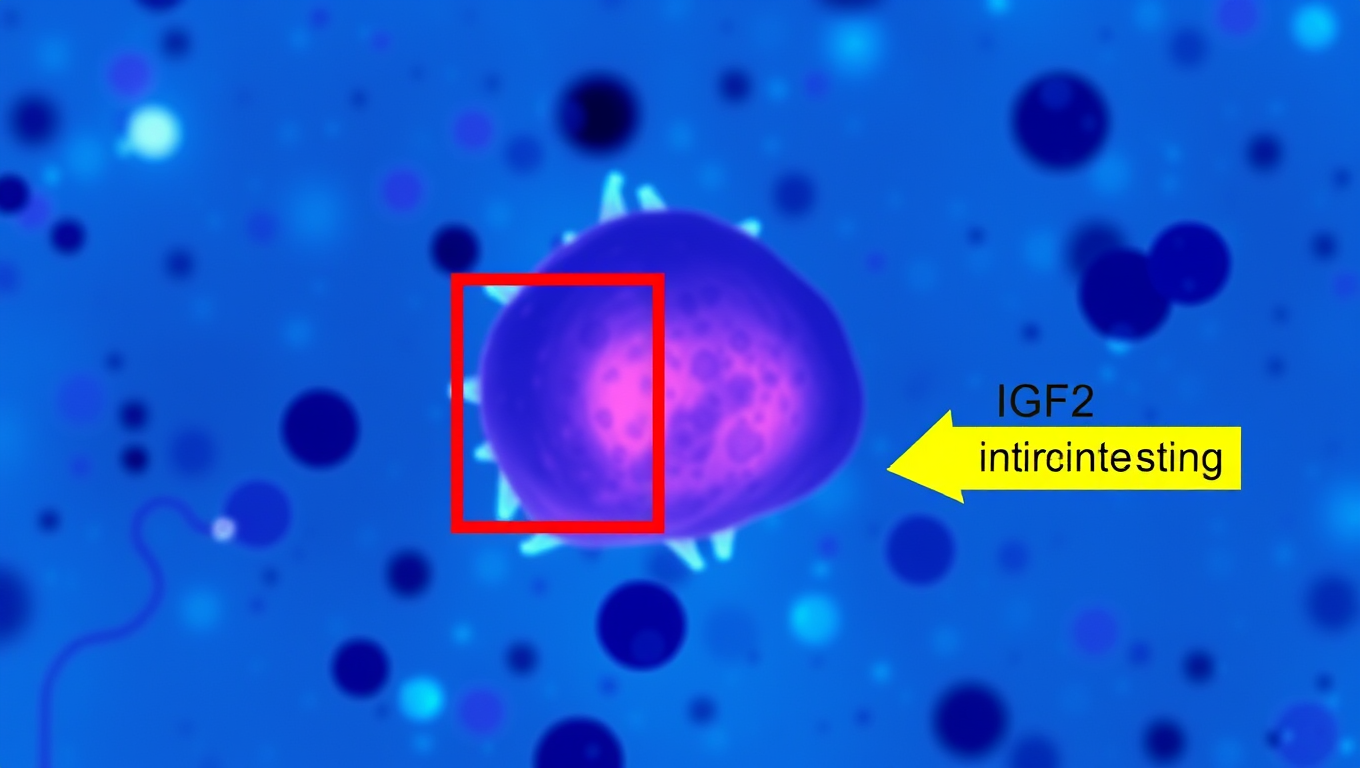While we try to keep things accurate, this content is part of an ongoing experiment and may not always be reliable.
Please double-check important details — we’re not responsible for how the information is used.
Bladder Cancer
Rethinking FOXR2 Activation in Brain Tumors: A Breakthrough in Diagnosis and Care
Scientists have implicated the FOXR2 gene in previously unassociated brain tumor types, with implications for diagnosis, prognosis and treatment.

Bladder Cancer
Unlocking Wilms Tumors: How Genes, Imprinting, and Mosaics Contribute to Childhood Cancer
A biobank for pediatric kidney tumors plays a key role in identifying hereditary causes of Wilms tumors. New insights gained with its help enable better risk assessment for affected families and could form the basis for targeted screening and improved early detection.
-

 Detectors3 months ago
Detectors3 months agoA New Horizon for Vision: How Gold Nanoparticles May Restore People’s Sight
-

 Earth & Climate4 months ago
Earth & Climate4 months agoRetiring Abroad Can Be Lonely Business
-

 Cancer3 months ago
Cancer3 months agoRevolutionizing Quantum Communication: Direct Connections Between Multiple Processors
-

 Agriculture and Food3 months ago
Agriculture and Food3 months ago“A Sustainable Solution: Researchers Create Hybrid Cheese with 25% Pea Protein”
-

 Diseases and Conditions4 months ago
Diseases and Conditions4 months agoReducing Falls Among Elderly Women with Polypharmacy through Exercise Intervention
-

 Earth & Climate3 months ago
Earth & Climate3 months agoHousehold Electricity Three Times More Expensive Than Upcoming ‘Eco-Friendly’ Aviation E-Fuels, Study Reveals
-

 Chemistry3 months ago
Chemistry3 months ago“Unveiling Hidden Patterns: A New Twist on Interference Phenomena”
-

 Albert Einstein4 months ago
Albert Einstein4 months agoHarnessing Water Waves: A Breakthrough in Controlling Floating Objects



























